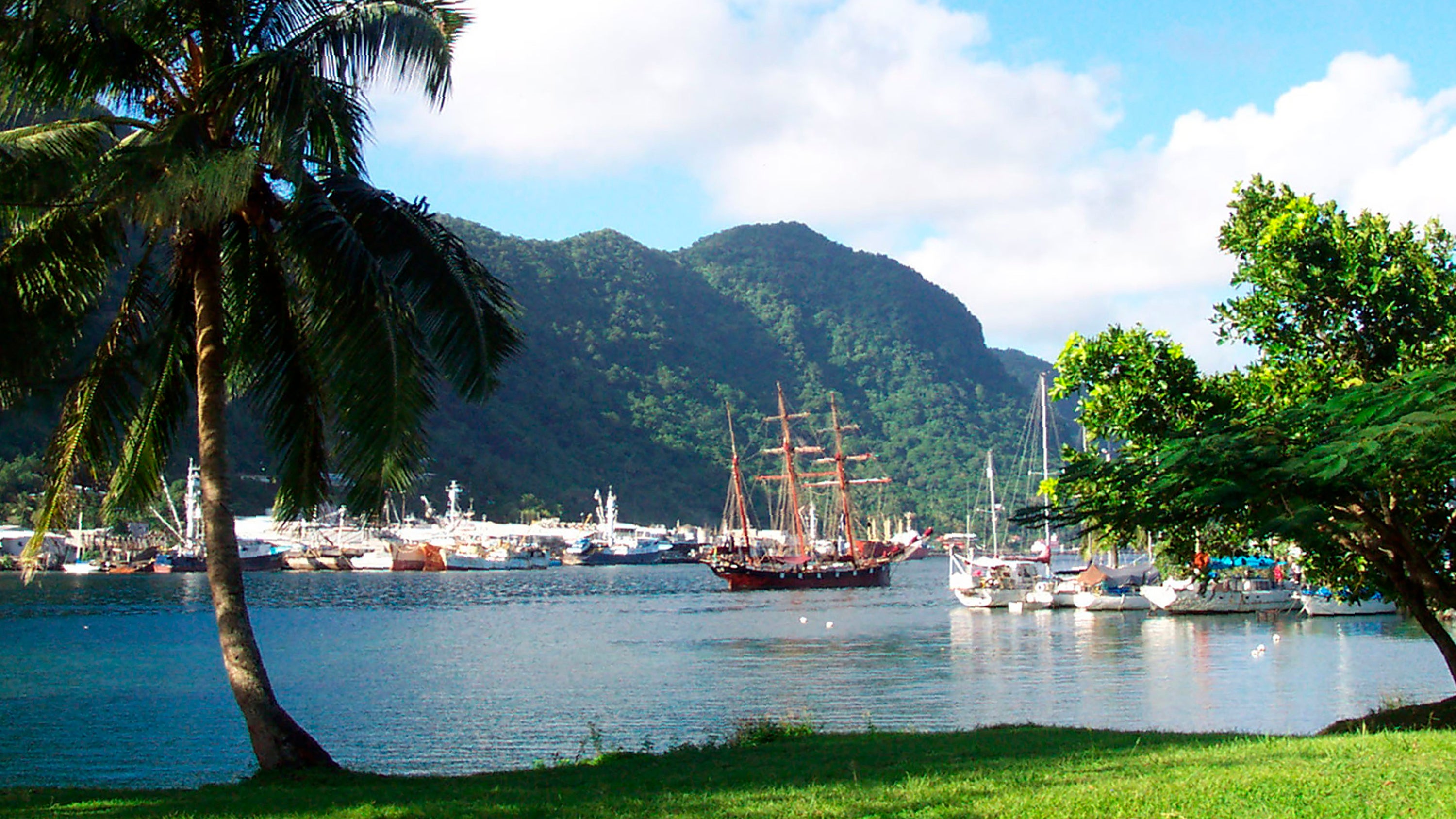US appeals court in Denver eyes American Samoa citizenship
A U.S. appeals court in Denver is weighing whether residents of American Samoa should automatically be granted citizenship

Your support helps us to tell the story
From reproductive rights to climate change to Big Tech, The Independent is on the ground when the story is developing. Whether it's investigating the financials of Elon Musk's pro-Trump PAC or producing our latest documentary, 'The A Word', which shines a light on the American women fighting for reproductive rights, we know how important it is to parse out the facts from the messaging.
At such a critical moment in US history, we need reporters on the ground. Your donation allows us to keep sending journalists to speak to both sides of the story.
The Independent is trusted by Americans across the entire political spectrum. And unlike many other quality news outlets, we choose not to lock Americans out of our reporting and analysis with paywalls. We believe quality journalism should be available to everyone, paid for by those who can afford it.
Your support makes all the difference.Whether people who live in territories controlled by the U.S. automatically become citizens under a constitutional amendment that secured citizenship for freed slaves was a major focus of arguments Wednesday in a federal appeals court in Denver in a case seeking citizenship rights for residents of American Samoa
American Samoa, a cluster of islands some 2,600 miles (4,184 kilometers) southwest of Hawaii, is the only U.S. territory where residents have no birthright claim to citizenship.
Instead, they are granted “U.S. national” status, meaning they can’t vote for U.S. president, run for office outside American Samoa or apply for certain jobs. The only federal election they can cast a vote in is the race for American Samoa’s nonvoting U.S. House seat.
In December, a federal judge in Utah ruled in favor of three residents of American Samoa who challenged their status, concluding they were citizens under the 14th Amendment adopted after the Civil War. U.S. District Judge Clark Waddoups stopped his ruling from taking effect while the governments of the United States and American Samoa appealed his decision to the Denver-based 10th Circuit Court of Appeals.
About 55,000 people live in the territory but the ultimate decision will also affect an estimated 160,000 nationals who live in the states, largely concentrated in California, Hawaii, Washington, Utah and Alaska.
The U.S. maintains that the 14th Amendment's grant of citizenship to those born “in the United States” does not apply to its territories. It also claims citizenship is a decision that should be left to Congress, noting that it has granted those rights in other territories such as Puerto Rico and Guam. The government of American Samoa worries automatic citizenship would hurt its traditional culture, which includes prayer curfews and communal land ownership.
However, lawyer Matthew McGill told a three-judge panel during online arguments that the current system makes the lead plaintiff in the case, John Fitisemanu, a “modern day Dred Scott” who cannot vote or serve on a jury, referencing the Supreme Court decision denying citizenship to descendants of slaves that the 14th Amendment nullified. He said the Reconstruction-era Congress wanted to take the question of who was a citizen “out of politics” forever through the amendment.
Judge Carlos Lucero said it was important to him whether the people of American Samoa want to be citizens. He noted that the 1848 treaty of Guadalupe Hidalgo, which ended the war between the United States and Mexico and which gave the United States control of Western land, including current day Colorado and Utah, gave people there two years to decide whether or not to become citizens of the United States or Mexico.
"That is a pretty harsh position to take assuming they don’t want citizenship,” Lucero told McGill.
However, Judge Robert E. Bacharach questioned whether elected leaders' views on who should be citizens should trump the Constitution's protections for citizenship, noting that that democratically elected leaders in the pre-war South also supported the Dred Scott court ruling.
The judges will issue a written ruling at a later date.